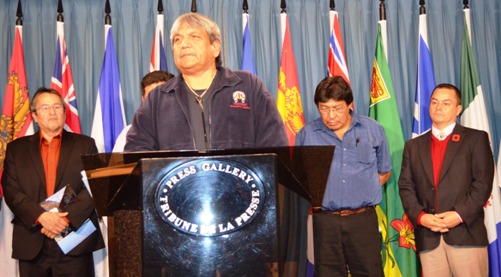http://www.resourceinvestor.com/?ref=nav
The final trading session of this once again indecisive week in gold commenced with a price drop. The yellow metal erased Thursday’s gains and retreated to under $1,575 in slow pre-market action as the US dollar picked up some steam following its visit to near two-week lows on the trade-weighted index yesterday. Also contributing to the decline in bullion prices were the softer euro (falling to under $1.22 against the dollar once again) and the losses in crude oil (it fell 1.4% to $91.35 per barrel). As of this writing, gold appeared set to close out the week with a half-percent loss in value but the final tally remains to be ascertained later on in the day.
The euro suffered in the wake of once again rising Spanish borrowing costs and declining demand for that country’s bonds. Major Spanish unions have called for a nationwide protest against the government’s drastic austerity measures. The post EU meeting euphoria that was in the air just a few weeks ago appears to have dissipated with the summer thermals over in the Old World.
Silver spot prices dropped by almost 40 cents to trade at $26.92 per ounce on the bid-side in New York this morning. Analysts at Standard Bank (SA) note that silver stockpiles remain high (especially in China) and that demand from the industrial sector for the white metal is tepid at best. China has only imported 779 tonnes of silver in the year-to-date as against the 1,153 tonnes that it took in last year in the same timeframe.
























